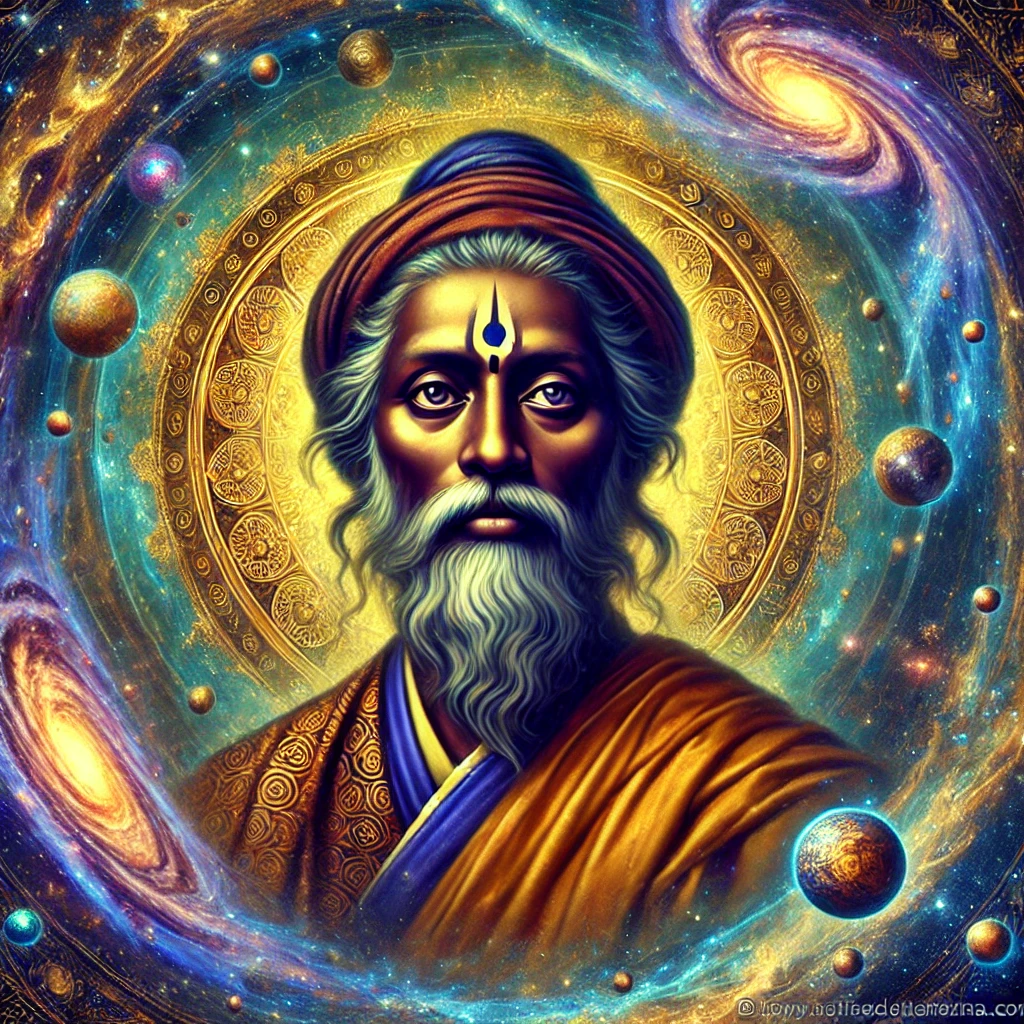Mahayana Buddhism

Place of Origin: Ancient India
Century of Origin: 1st Century BCE
Associated Philosophers:
Overview of Mahayana Buddhism
Mahayana Buddhism is one of the two main branches of Buddhism. It focuses on the path of becoming a bodhisattva, someone who seeks to help others reach enlightenment before reaching it themselves. It teaches compassion and the idea that everyone can attain enlightenment.
Mahayana metaphysics includes the idea of 'emptiness' (Shunyata), which means that nothing has an independent or permanent essence. Everything is interconnected, and all phenomena are empty of a fixed, self-existing nature.
In Mahayana Buddhism, knowledge comes from both study and meditation. Insight into the nature of reality, particularly the concept of emptiness, is crucial for attaining enlightenment.
Ethics in Mahayana Buddhism focus on compassion and altruism. The bodhisattva vows to help all sentient beings and works to reduce suffering in the world while seeking wisdom and understanding.
Mahayana Buddhism uses a logical method called 'pratityasamutpada' (dependent origination), which explains that everything arises because of conditions, and nothing exists independently. This reasoning is key in understanding emptiness.
In Mahayana, art and aesthetics often reflect the ideals of compassion, wisdom, and the interconnectedness of life. Buddha statues, mandalas, and other artistic expressions are used as aids in meditation and teaching.
Mahayana Buddhism employs methods like meditation, mindfulness, and ethical conduct to understand the nature of reality and achieve enlightenment. It also uses the concept of 'emptiness' (Shunyata) to explain that all things are interconnected and lack an independent existence. Mahayana encourages a path of compassion and altruism, where the bodhisattva (a being seeking enlightenment for the sake of all others) plays a central role. This philosophy emphasizes direct experience over abstract reasoning.
Humans in Mahayana Buddhism are seen as beings who can achieve enlightenment through the practice of compassion, wisdom, and ethical living. Everyone has 'Buddha-nature,' meaning the potential to become enlightened.
Mahayana Buddhism teaches non-violence and peace. It suggests that a just society is one where compassion and wisdom guide leadership, and policies should be aimed at reducing suffering for all beings.
Mahayana Buddhism developed around the 1st century CE, mainly in India, and spread to East Asia. It differs from Theravada Buddhism in its focus on the bodhisattva path and the broader idea that enlightenment is available to all.
Key themes in Mahayana Buddhism include compassion (karuna), wisdom (prajna), the bodhisattva ideal, and the concept of emptiness (shunyata).
Nagarjuna is a central figure in Mahayana Buddhism, known for his teachings on emptiness. Another important figure is Asanga, who developed the Yogacara school of Mahayana thought.




